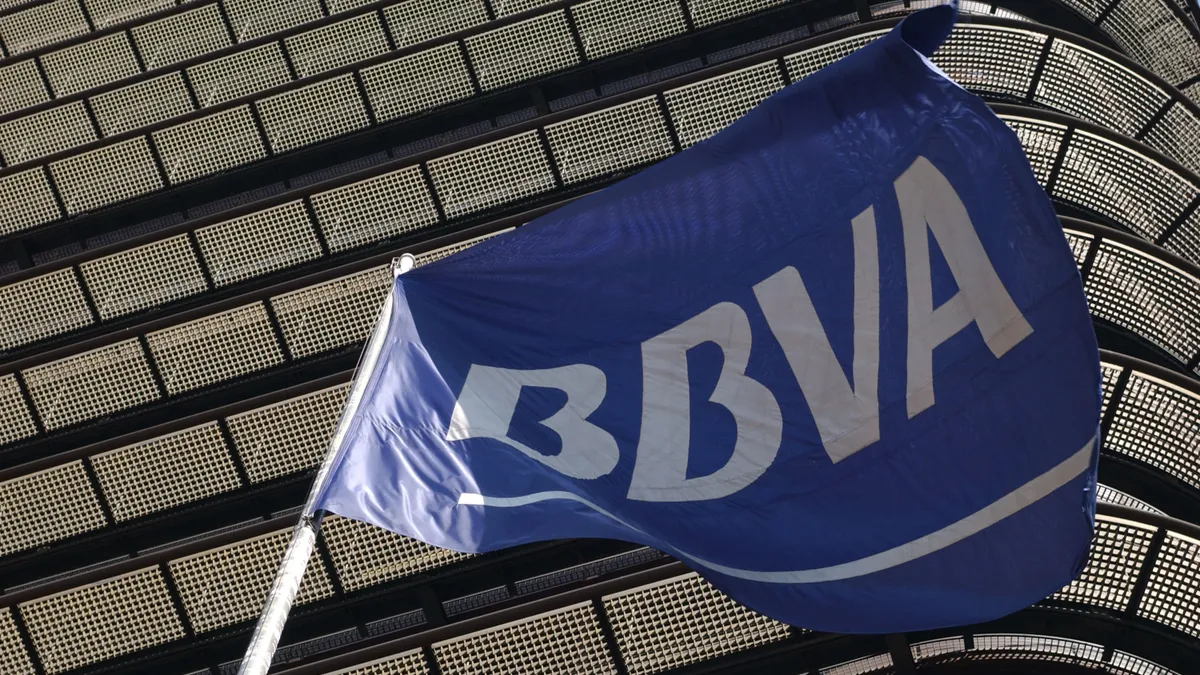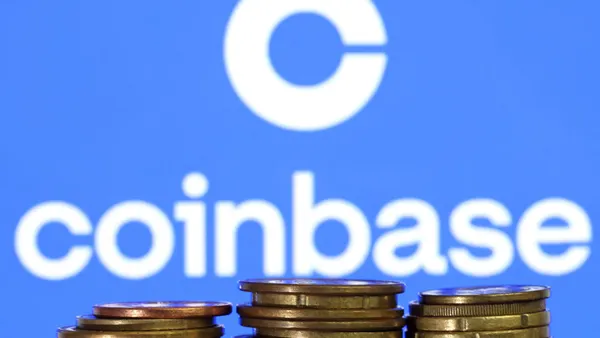The Society for Worldwide Interbank Financial Telecommunication (SWIFT) this week launched SWIFT Go, a service meant to help small and medium-size enterprises (SMEs) and individuals send cross-border payments of less than $10,000 at a competitive price.
Customers of seven banks — BBVA, BNY Mellon, Société Générale, UniCredit, Sberbank, DNB and MYBank — can now use the service to send secure payments directly from their bank accounts to businesses and individuals across the globe, SWIFT said in a press release Tuesday.
SWIFT, a financial communication services cooperative based outside Brussels, said the product builds on the high-speed rails of its global payments initiative, or SWIFT gpi, which launched in 2017 to boost the traceability and transparency of transfers. That system typically shepherds international payments of more than $1 million.
SWIFT Go's launch can be viewed as an attempt to muscle in on a real-time payments space disrupted by the likes of the fintech Ripple. Such innovators have pushed legacy organizations like SWIFT — which connects more than 11,000 banks and 4 billion accounts in 200 countries — to cut transaction times from days to seconds.
Ripple, too, has aimed to boost its SME customer base by offering products like a line of credit, currently in beta. However, Ripple is facing regulatory blowback in the form of a Securities and Exchange Commission (SEC) lawsuit over whether its signature currency, XRP, is a security.
Currencies — specifically, central bank digital currencies and stablecoins whose value is pegged to fiat denominations like the dollar — also present a modernization test for SWIFT.
Brian Brooks, CEO of Binance.US, said last year — while he was serving as acting chief of the Office of the Comptroller of the Currency — that he thinks banks will be connecting to blockchain the way they are connecting to SWIFT in three to five years.
Regulators outside the U.S. are seeing the challenge to SWIFT, as well. Olga Skorobogatova, first deputy governor of the Central Bank of Russia, told Russia Today late last year the development of digital currencies could eventually make SWIFT redundant.
SWIFT still has buy-in from major banks. Six global banks — Citi, BNY Mellon, Deutsche Bank, BNP Paribas, Standard Chartered and Bank of China — last month endorsed a platform for international payments the cooperative plans to launch in November 2022. SWIFT handled "half of the world’s high-value cross-border payments" in 2018, according to the Financial Times.
As for lower-value payments, SWIFT's chief product officer, Stephen Gilderdale, called SWIFT Go "a further step towards achieving our vision of enabling anybody, anywhere, to send money instantly and securely around the world."
In that regard, SWIFT Go could be seen as mainstream outreach to a customer base that includes migrant workers, who, the United Nations reported in 2019, sent an average of $200 to $300 home to their families every month or two. Fintechs such as Remitly and Wise are serving that space.
"By providing for instant, seamless transactions within one of the highest growth areas of our industry, we expect that adoption of SWIFT Go will be widespread and that it will quickly be established as the industry standard for lower value transactions," Feng Liang, deputy CEO of MYBank, said in SWIFT's press release.
At least one fintech competitor has expressed skepticism over SWIFT's reach into lower-value payments because it requires customer to access global banks.
"Given this initiative is still being facilitated via legacy banks, it inherently still excludes small businesses that are unable to be serviced adequately by large banks,” Ola Oyetayo, a cofounder of B2B payment provider VertoFX, told Crowdfund Insider.
The seven banks partnering on SWIFT Go are responsible for overseeing 33 million low-value cross-border payments annually.












